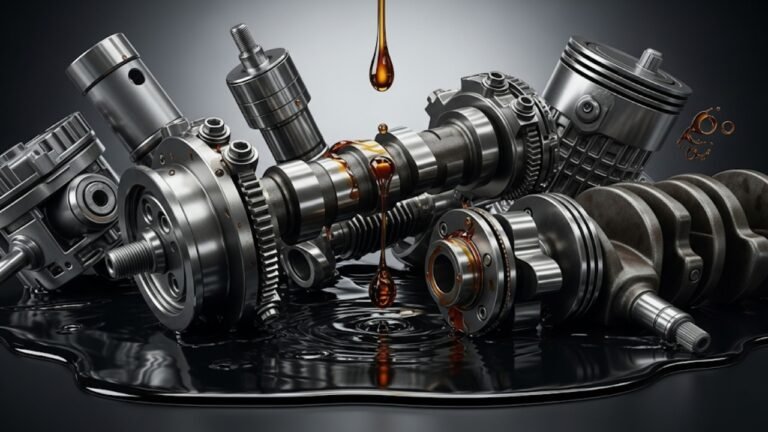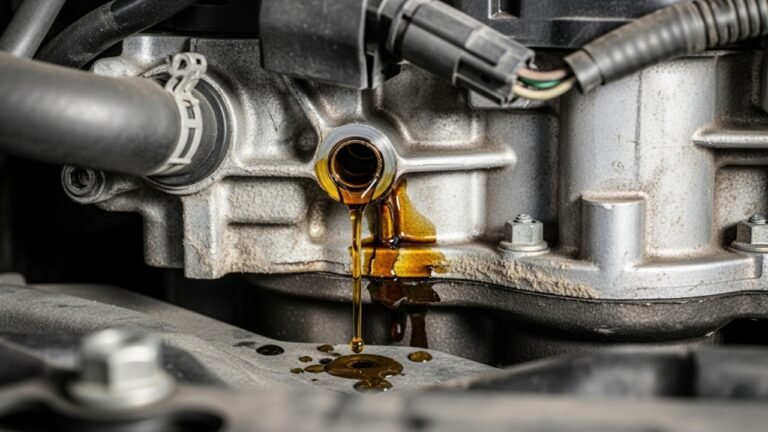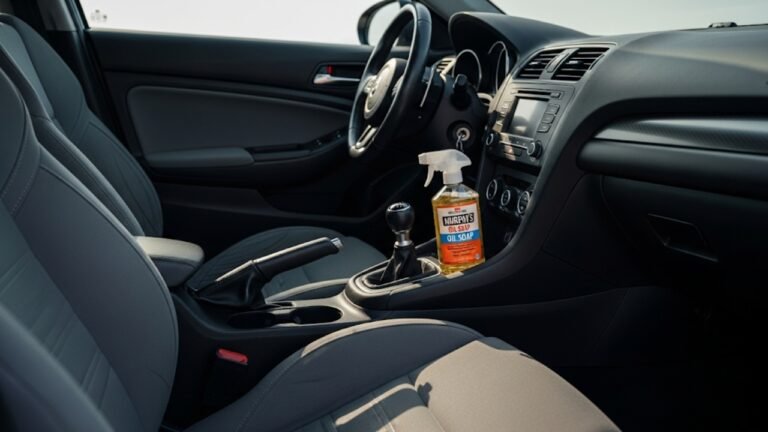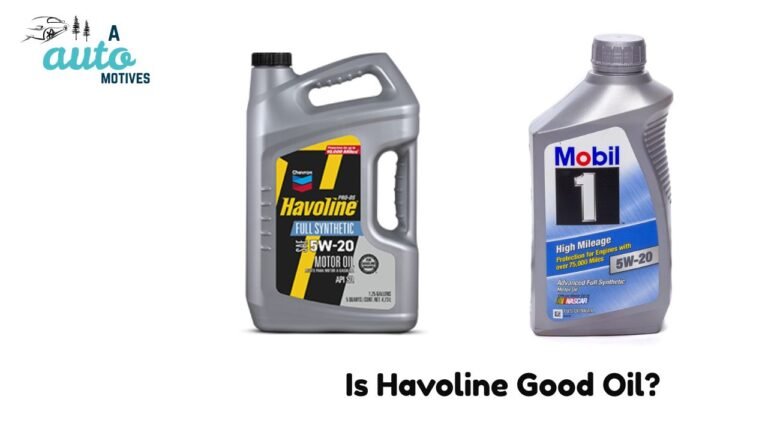Smart Car Oil Weight: The Secret Sauce to Keeping Your Engine Happy
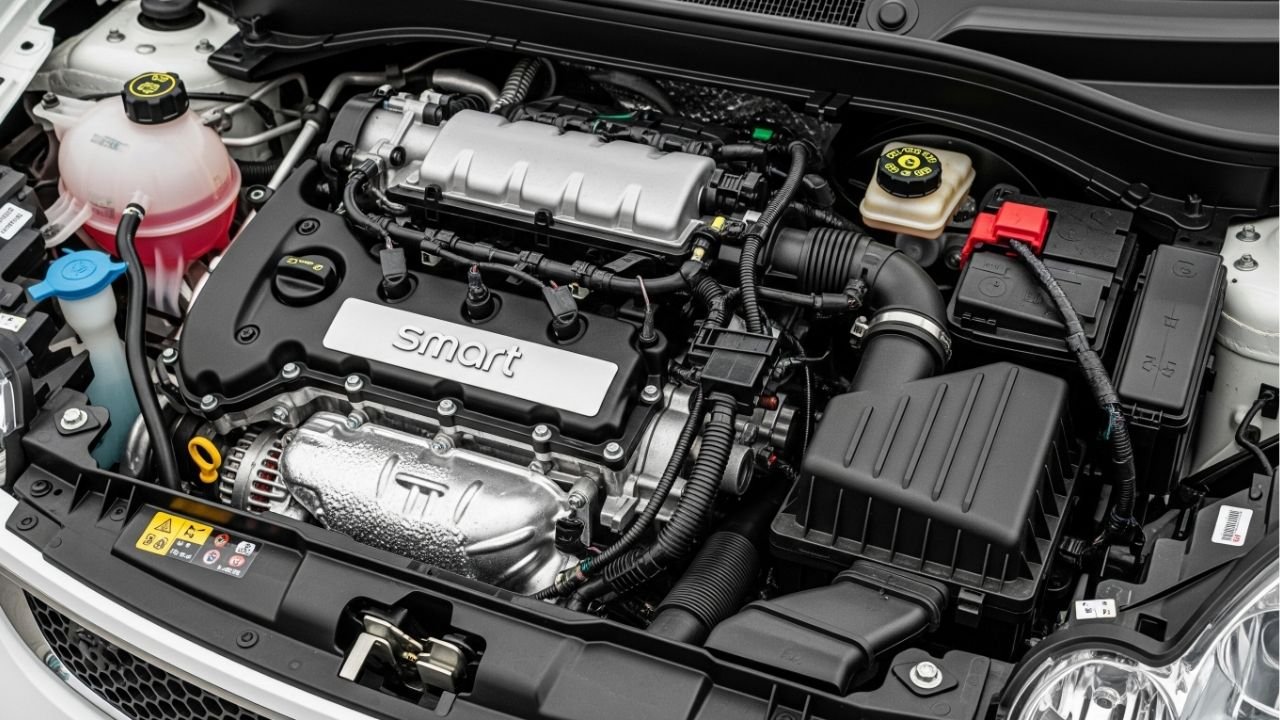
Imagine you’re sipping your favorite tea on a rainy day. That soothing warmth in your cup? That’s what oil is for your smart car. It’s not just a liquid. It’s lifeblood. But not just any oil will do — your car craves the right oil weight.
Now, here’s the kicker: most people pour in oil like it’s one-size-fits-all. But choosing the wrong oil weight for your smart car is like wearing winter boots to the beach — it just doesn’t work. And it can hurt your car in the long run.
In this article, we’ll break down what smart car oil weight really means, why it matters, and how to pick the best one for your ride. We’ll use simple words, short sentences, and a friendly tone — like we’re talking over coffee.
Let’s jump into it, shall we?
What Does Smart Car Oil Weight Really Mean?

That number you see on oil bottles — like 5W-30 — is the key.
-
The first number (like 5W) tells you how thick the oil is when your car starts cold.
-
The second number (like 30) is about how it flows at hot temperatures.
For smart cars, choosing the right oil weight is like giving your engine the perfect jacket — not too thick, not too thin.
Fun Fact: “W” in 5W stands for winter, not weight. Cool, right?
Think of it like honey and water. If your oil is too thick (like honey in the cold), it won’t flow well. If it’s too thin (like water in the heat), it won’t protect the engine parts. That’s why smart car oil weight is so important. It’s a balance.
Why Oil Weight Matters for Smart Cars Specifically
Smart cars are like little go-getters. They’re compact, zippy, and often drive in busy city streets. Stop-and-go traffic is their world. But this also means their engines run hotter and work harder than a regular SUV cruising the highway.
So, what does this mean?
-
The wrong oil weight can make the engine wear faster.
-
Thin oil might break down quicker under heat.
-
Thick oil might not flow fast enough in short city trips.
Here’s a quick table to show how oil weight affects engine performance:
| Oil Weight | Cold Start | Hot Weather | Fuel Economy | Engine Protection |
|---|---|---|---|---|
| 0W-20 | ✅ Great | ❌ Weak | ✅ High | ❌ Low |
| 5W-30 | ✅ Good | ✅ Good | ✅ Medium | ✅ Balanced |
| 10W-40 | ❌ Slow | ✅ Great | ❌ Low | ✅ High |
For most smart cars, 5W-30 or 0W-40 is recommended. It’s the golden middle — flows well in winter and protects in summer.
⚠️ Pro Tip: Always check your car manual before changing oil weight. The wrong guess can cost you your engine.
How I Learned This the Hard Way (And You Don’t Have To)
Let me share a quick story. I once used 10W-40 oil in my smart car during a winter trip to the north. It was thick. Too thick. My car sounded like a coughing goat every morning.
I thought, “Oil is oil, right?” Nope.
After just a week, my fuel economy dropped. My smart car struggled to start. And I could tell something wasn’t right.
A friend — a retired mechanic — shook his head and said, “You gave it molasses in the snow, buddy.” He drained it and poured in 5W-30. Magic. The engine purred again.
The lesson? The right smart car oil weight isn’t just a number — it’s an engine saver.
The Science Behind Oil Viscosity and Your Engine
Viscosity sounds like something from chemistry class. But in simple words, it’s how runny or thick something is. Like syrup.
Your smart car’s oil weight determines:
-
How fast oil flows at startup
-
How well it protects engine parts when hot
-
Whether it reaches tight spaces quickly
Engines are full of moving metal parts. When they rub, they get hot. Oil forms a protective film so parts don’t scrape and break. But here’s the twist — if oil is too thin, it slips away. If it’s too thick, it doesn’t reach small spots.
So picking the correct oil weight means your smart car’s engine stays:
-
Cooler
-
Quieter
-
Longer-lasting
It’s like picking shoes. You wouldn’t wear flip-flops on a hike. Or boots to the beach. Your engine wants the perfect fit, too.
Common Oil Weights for Smart Cars: What Should You Use?
Let’s make it simple. Most smart cars, like the Smart Fortwo or Smart EQ, prefer:
-
0W-40
-
5W-30
-
5W-40
Each has its charm.
-
0W-40 is ideal for cold climates.
-
5W-30 is perfect for moderate weather and city driving.
-
5W-40 is great if you drive hard or live in hot areas.
Manufacturer’s Advice: Mercedes-Benz, who makes smart cars, often recommends MB-Approved 229.5 oil in 5W-40 weight.
Don’t go rogue here. Using oil outside recommended specs can void your warranty. That’s like baking cookies with salt instead of sugar — technically it’s edible, but you won’t like the results.
Signs You Might Be Using the Wrong Oil Weight
If your car had a voice, it would scream when you use the wrong oil. But since it doesn’t, it gives signals.
Here are some warning signs:
-
Engine sounds louder than normal
-
Hard starts on cold mornings
-
Reduced fuel economy
-
Increased oil burning
-
Oil warning light flickering
If you spot these signs after an oil change, you might’ve used the wrong smart car oil weight. Time to double-check that bottle.
Can Oil Weight Affect Your Smart Car’s Mileage?
Absolutely. You wouldn’t believe how many drivers overlook this.
Using the wrong oil weight in your smart car can drag your mileage down like a boat anchor. Oil that’s too thick forces your engine to work harder, burning more fuel just to move internal parts. It’s like jogging with ankle weights — tiring and inefficient.
Here’s what happens:
-
Thicker oil = more resistance
-
More resistance = more fuel needed
-
More fuel used = lower MPG (miles per gallon)
Let me give you an example.
When I switched from 10W-40 to 5W-30 in my smart car, I noticed an immediate bump in fuel economy. I went from 28 MPG to 33 MPG. That’s a 15% boost — just from changing oil.
So if you’ve been scratching your head about poor mileage, don’t rush to blame your tires or traffic. The real culprit could be your smart car oil weight.
Top Oil Brands for Smart Cars (And Why They Matter)
You know how some people swear by a particular brand of tea or phone? Oils are the same. Not all are created equal. And using cheap oil in a smart car is like putting instant noodles in a gourmet dish.
Here are some trusted oil brands for smart cars:
| Brand | Recommended Weight | Perks |
|---|---|---|
| Mobil 1 | 0W-40, 5W-30 | Trusted by Mercedes-Benz, long-lasting |
| Castrol EDGE | 5W-30 | Titanium strength, great for city driving |
| Liqui Moly | 5W-40 | German-made, clean-burning |
| Valvoline | 5W-30 | Budget-friendly, reliable quality |
| Shell Helix Ultra | 0W-40 | PurePlus tech, great cold start |
Pro Tip: Look for oils that meet MB-Approval 229.5 or API SN standards. Your engine will thank you.
How Often Should You Change Oil in a Smart Car?
This is a classic “it depends” situation. But here’s a good rule of thumb:
-
Every 5,000 to 7,500 miles if you use synthetic oil
-
Every 3,000 miles if using conventional (not recommended for smart cars)
Some modern smart cars with synthetic oil can stretch to 10,000 miles, but only under ideal conditions — no city traffic, clean roads, and soft driving. For most people, sticking to 7,500 miles is safe and smart.
Changing oil is like giving your car a spa day. It comes out refreshed, relaxed, and ready to go the extra mile.
DIY Oil Change: How to Choose and Use the Right Oil Weight
Doing your own oil change? Awesome. It’s easier than you think, and it helps you bond with your car (yes, really).
What You’ll Need:
-
Right oil (check manual for smart car oil weight)
-
New oil filter
-
Oil pan
-
Funnel
-
Socket wrench
-
Gloves and old rag
Steps:
-
Warm up the engine (just 2 minutes)
-
Jack up the car safely
-
Remove drain plug and let oil flow out
-
Replace oil filter
-
Pour in new oil — the correct oil weight!
-
Check levels with dipstick
-
Run engine for a minute and recheck
Don’t overfill. Too much oil is just as bad as too little.
Changing your oil yourself saves money and gives you full control over your car’s health. And the best part? You know exactly what smart car oil weight you’re putting in.
Climate and Driving Habits: Why One Oil Weight Doesn’t Fit All
Here’s something many drivers forget — your location and lifestyle matter just as much as the car itself.
❄️ If You Live Somewhere Cold:
Use 0W-40 or 0W-30. These flow better in freezing temps and protect your engine during harsh starts.
☀️ If You Live in a Hot Climate:
Go for 5W-40 or 10W-30. These resist breakdown in extreme heat and offer thicker protection.
If You Mostly Drive in Cities:
Use 5W-30. It handles short trips, idling, and frequent starts beautifully.
If You Travel Long Distances:
Try 5W-40. Offers more high-temp protection for highway speeds and longer runs.
So you see, choosing the right smart car oil weight is a personal thing — just like picking out shoes that fit your walk.
FAQs About Smart Car Oil Weight
1. What does “oil weight” even mean in simple terms?
Oil weight = thickness. Like how syrup is thicker than water, oil weight tells you how it flows at different temps.
2. Is synthetic oil better for smart cars?
Yes, synthetic oil is cleaner, lasts longer, and performs better — especially in smart cars that drive in stop-and-go traffic.
3. Can using the wrong oil weight damage my engine?
Yes. It can cause poor lubrication, engine wear, oil leaks, and even engine failure over time.
4. How can I check what oil my smart car needs?
Check the owner’s manual or the cap on the oil filler. You’ll see something like “Use 5W-30 oil only.”
5. What if I used the wrong oil weight by mistake?
No panic. If it’s a one-time thing, just change it out ASAP. But don’t drive too far or hard with it.
6. Can I mix different oil weights?
It’s not ideal. Oils with different viscosities can mess up flow and wear protection. Stick with one recommended smart car oil weight.
7. Why does my car burn more oil after switching brands?
Different formulas affect oil burn. Thinner oils or low-quality brands might burn faster. Always choose high-quality oils with approvals.
Final Thoughts: Treat Your Smart Car Like a Friend, Not a Machine
Your smart car does a lot for you. It gets you to work, carries your groceries, and saves gas while zipping around town. The least you can do is give it the right oil.
Choosing the right smart car oil weight is one of the simplest yet most powerful things you can do to protect your engine, save fuel, and extend the life of your car.
So next time you pop the hood, think beyond “just topping up the oil.” Think of it as choosing the right food for your car’s soul.
Because when your engine runs smooth, your life does too.


